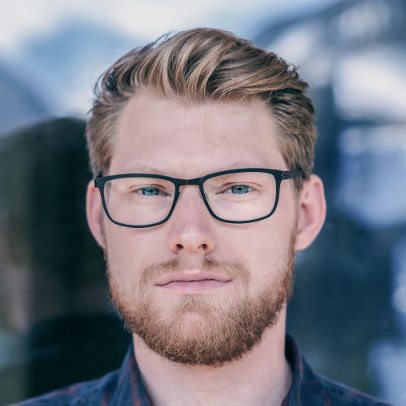.
Peng Z, Genewein T, Leibfried F, Braun DA (2017). An Information-Theoretic On-Line Update Principle for Perception-Action Coupling. IROS 2017. doi: 10.1109/IROS.2017.8202240
Our paper: An Information-Theoretic On-Line Update Principle for Perception-Action Coupling was presented at this year’s IROS in Vancouver. The paper builds upon the information-theoretic principle for perception-action coupling where a decision-maker is conceptualized as two serial information-processing channels: the first channel extracts relevant information about the “world-state” from the sensory stream and forms a “percept”. Subsequently an action-stage picks an action based on the internal percept in order to maximize utility or reward in a bounded rational fashion.
The theoretical groundwork for this paper has been layed in our 2015 Frontiers paper but back then applications were limited to discrete toy-problems with a very low-dimensional state- and action-space. In this paper we derive a gradient-based on-line update rule to optimize the information-theoretic optimality principle for perception-action coupling. This allows using neural networks as powerful parametric models, which is the first step towards large-scale, continuous and high-dimensional applications of our principle. In the paper, we show that the gradient-based updates converge to equivalent solutions on a toy example used in our previous paper. Finally, we use the principle to simultaneously learn (bounded) optimal perceptual representations and action-policies for a simple visuomotor grasping task with a simulated NAO robot. Importantly, the perceptual stage of the robot is implemented with a neural network.

